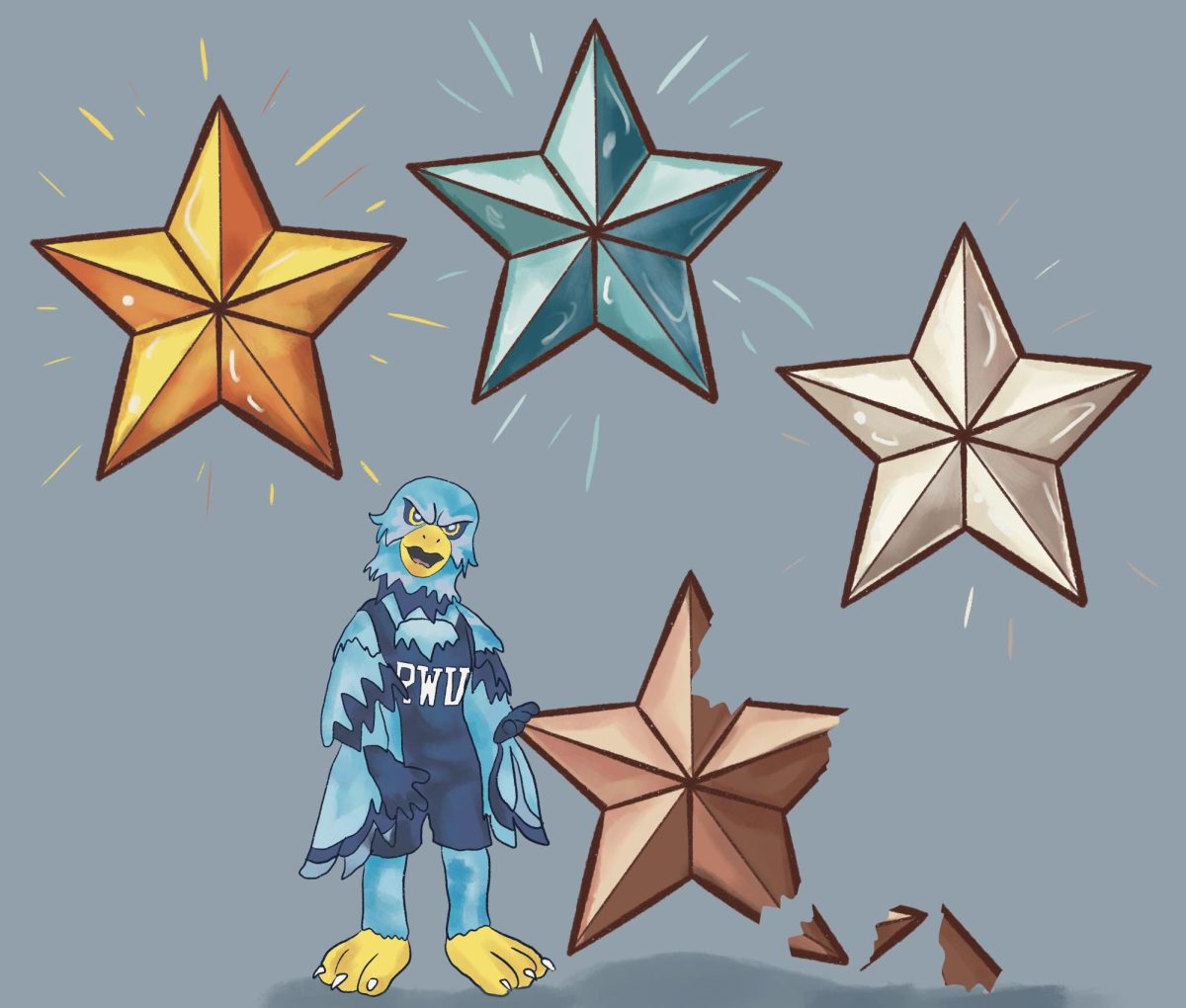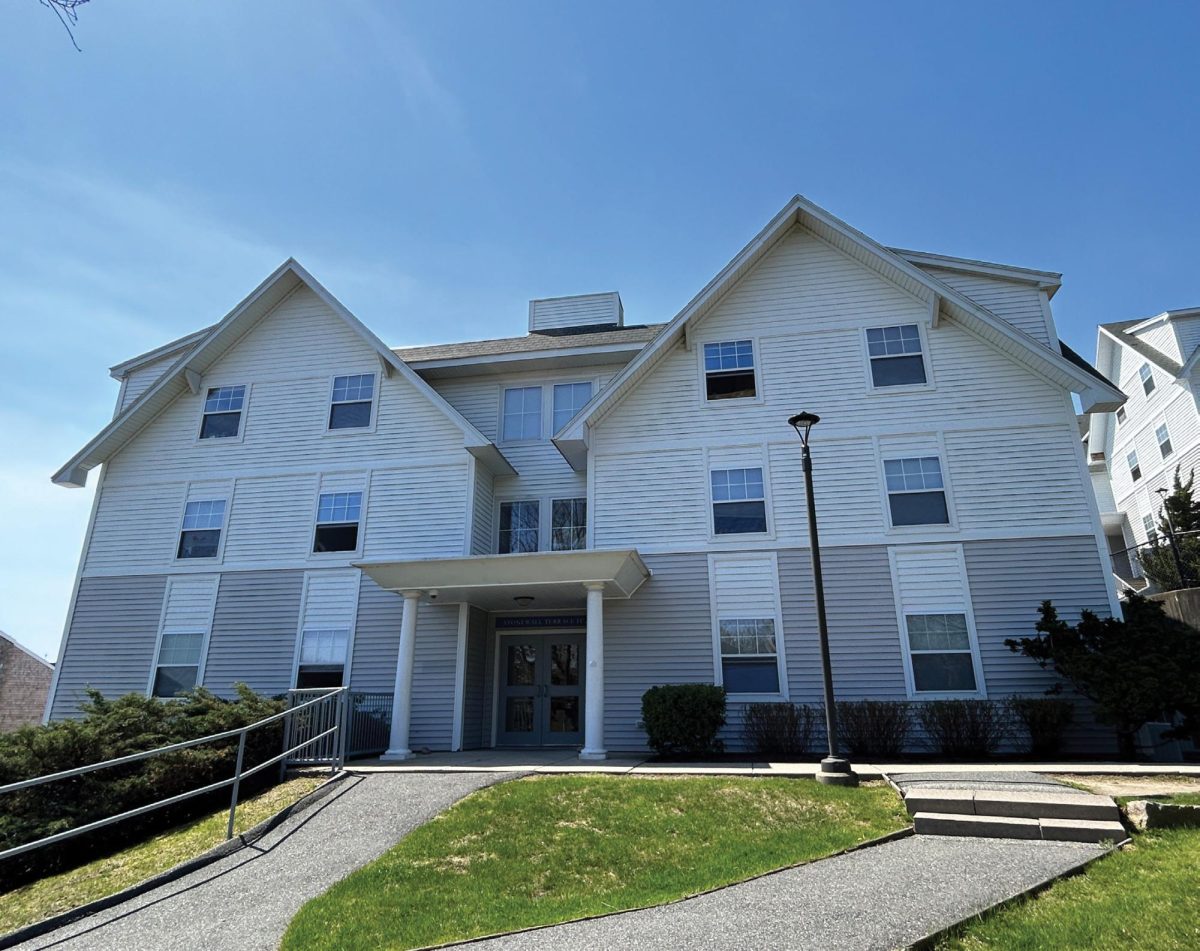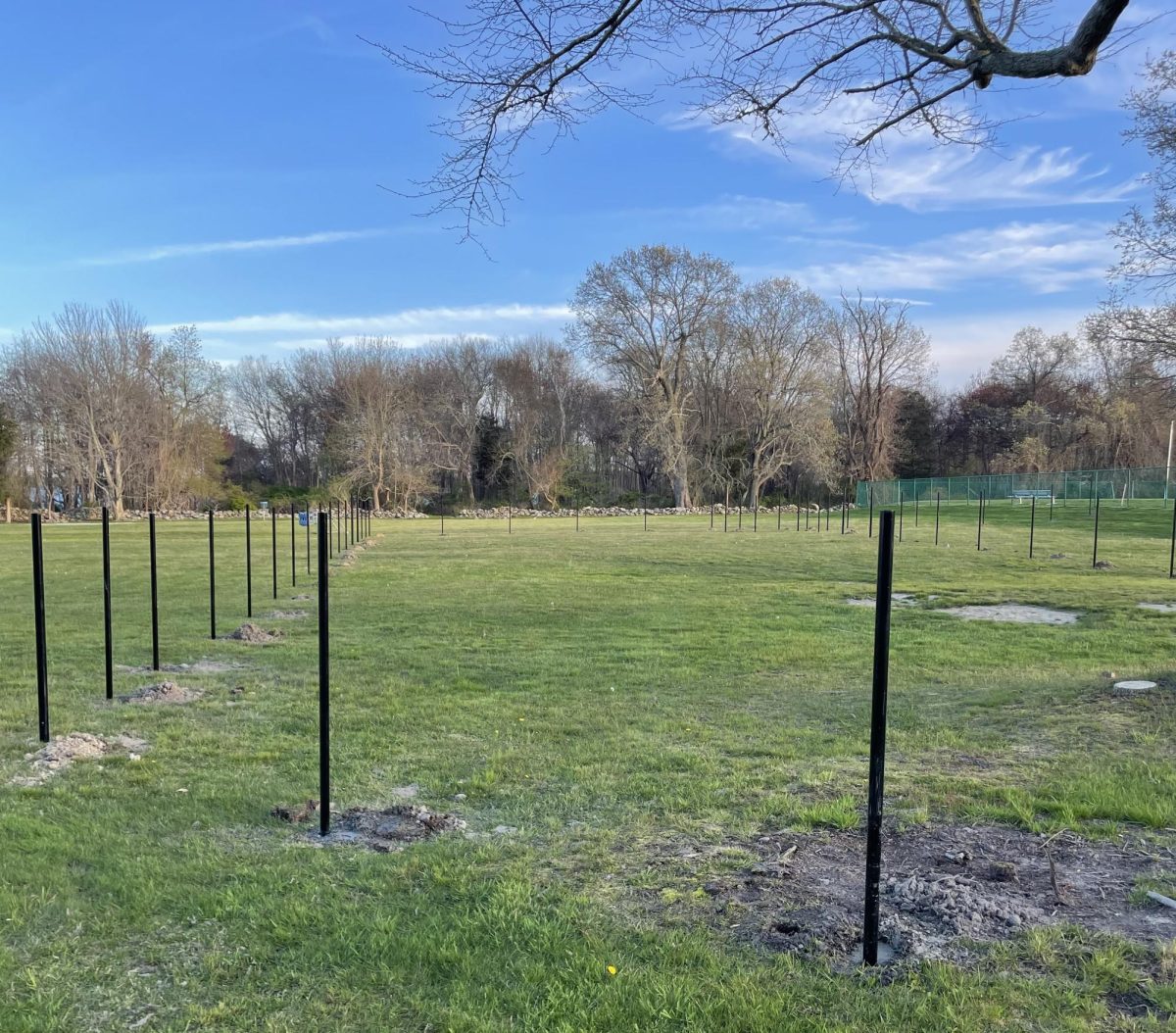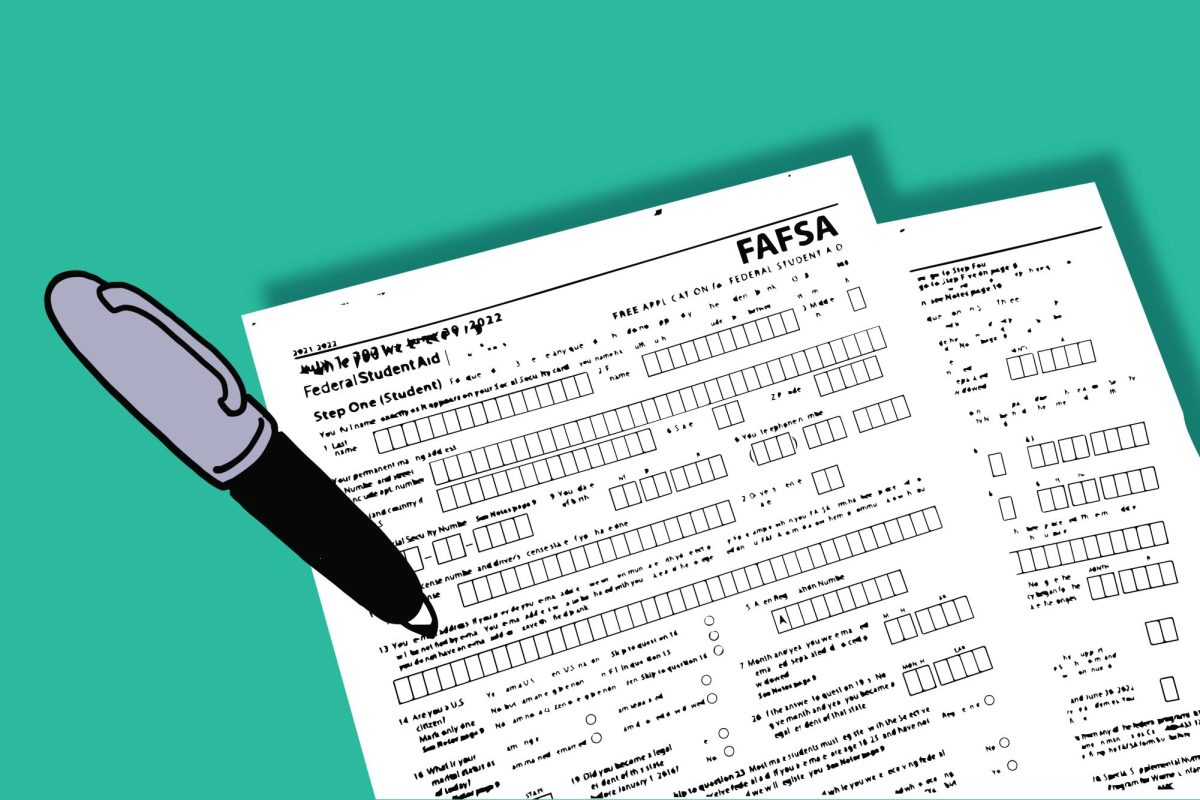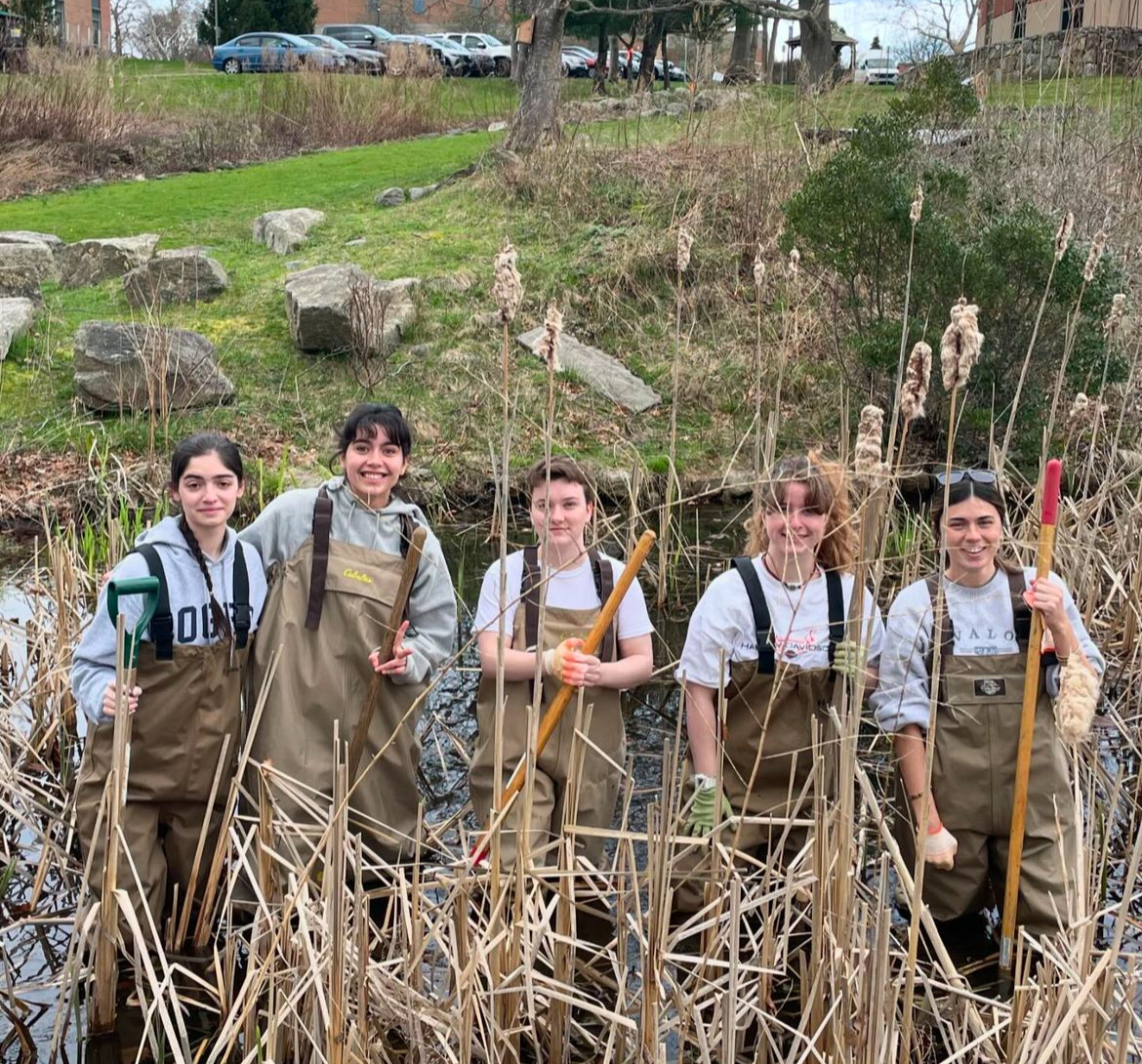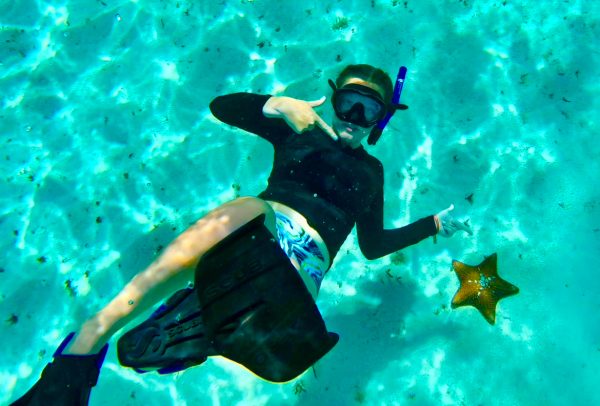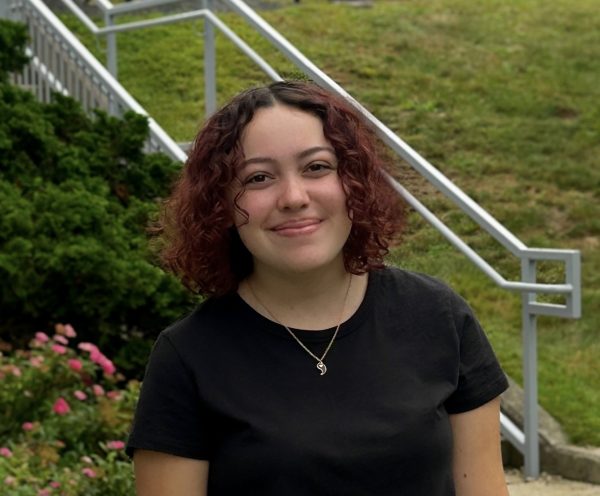In January 2023, Roger Williams University published a news article on their website stating, “Roger Williams University is proud to receive a STARS Bronze rating in recognition of our sustainability achievements from the Association for the Advancement of Sustainability in Higher Education (AASHE).” At first glance, this achievement appears remarkable. Yet, upon closer examination, one might reassess its accomplishment.
The Sustainability Tracking, Assessment & Rating system, known as STARS, is a self-reporting, transparent framework for colleges and universities to measure their sustainability performance.
STARS awards a rating of bronze, silver, gold, or platinum, based on points earned for sustainable practices on campus.
Currently, 351 universities are participants in this rating system. RWU is 1 of 32 colleges with a bronze rating, leaving 319 colleges ranked higher. Arizona State University received a platinum award, with a score of 91 out of 100, whereas RWU with a bronze award scored 37.3 out of 100 in comparison. Bronze ratings are awarded to institutions with scores between 25 and 44 points. Delving deeper into the point award system, a bronze award could be perceived as a participation trophy.
The most recent RWU submission to STARS was on July 26, 2022 and is updated every two years.
In the waste category, RWU was awarded 1.2 out of 10 points. Some categories received 0 scores with status noted as “Not Pursuing.”
Under the category of “Grounds,” RWU scored 0 out of 2 points. Also, next to biodiversity and landscape management it said, “Not Pursuing.”
The highest ratings were 25.95 out of 40 for Curriculum and 5.27 out of 10 for Energy.
“What I can say is that they are looking into engagement and the programs that they teach. The goal is to get silver in the next report. They are trying to get more programs to outreach more grants,” stated senior Michael Arabic, the Student Involvement President of the Sustainability Council here at RWU.
When asked about what plans the school had for improvement on the environmental side, he responded saying, “I can say that they are considering it, just in a very limited sense unfortunately.”
“It’s very frustrating, because they have their agenda, versus what we as a sustainability council would like to accomplish.”
— Michael Arabic
Arabic commented that, “From the student perspective, we can see there needs to be a lot more work done in general campus engagement and practicing what you preach.”
“I think there needs to be more work engaging with the student body versus just the academic side,” Arabic declared.
As for faculty influence on sustainability changes, Arabic said that “there are definitely some professors on the sustainability council, and from my perspective, they are being shut down. There is a high disconnect between higher administration and faculty, which leads to some ideas being put on the wayside.”
Steven Esons, a professor at RWU and the chair of the Faculty Sustainability Committee, participated in RWU’s initiation with STARS. It began with his public administration class, which sought to develop an institutional mission centered around accountability for environmental issues. The committee wanted to examine the university’s carbon footprint and how it compared to other schools.
Esons points out that one of the reasons for the limited progress is “because of financial constraints, a lot of the projects that professors and students come to administration with, are not funded, so that is an issue.”
Despite the enthusiasm and proposals brought forth by faculty and students, the availability of funding remains a significant barrier to implementing these projects effectively. “The difficulty is finances, how much funding the university is willing or can put into the kinds of programs we have,” stated Esons.
RWU recently received $1.7 million in federal funds for environmental science labs. “Hopefully that will go into research for more sustainable practices in the future,” Esons said.
Richard Waterfall, the former Sustainability Chair for Student Senate, expressed a key initiative of the Sustainability Committee, stating, “The main thing that we were looking to do was to hire a university Sustainability Coordinator.” By advocating for the creation of this role, they aimed to centralize and strengthen sustainability initiatives across campus.
“For buildings, I wish we could go for LEED certification and make sure that our buildings and renovations take into account our impact on the environment and the amount of fossil fuels required to complete these projects,” expressed Esons, who maintains optimism for the future.
Esons expresses pride in the institution’s commitment to initiating the sustainability process,
“I wish we started off higher, but we started off and took the first step and I’m proud of the institution for at least doing that.”
— Steven Esons
Moving forward, it is imperative for RWU to prioritize student concerns and to foster collaboration between faculty and administration to drive meaningful sustainability initiatives. Only through concerted efforts and genuine commitment can RWU truly fulfill its mission of environmental responsibility and leadership in sustainability. In the words of Professor Esons: “We have to start somewhere.”

